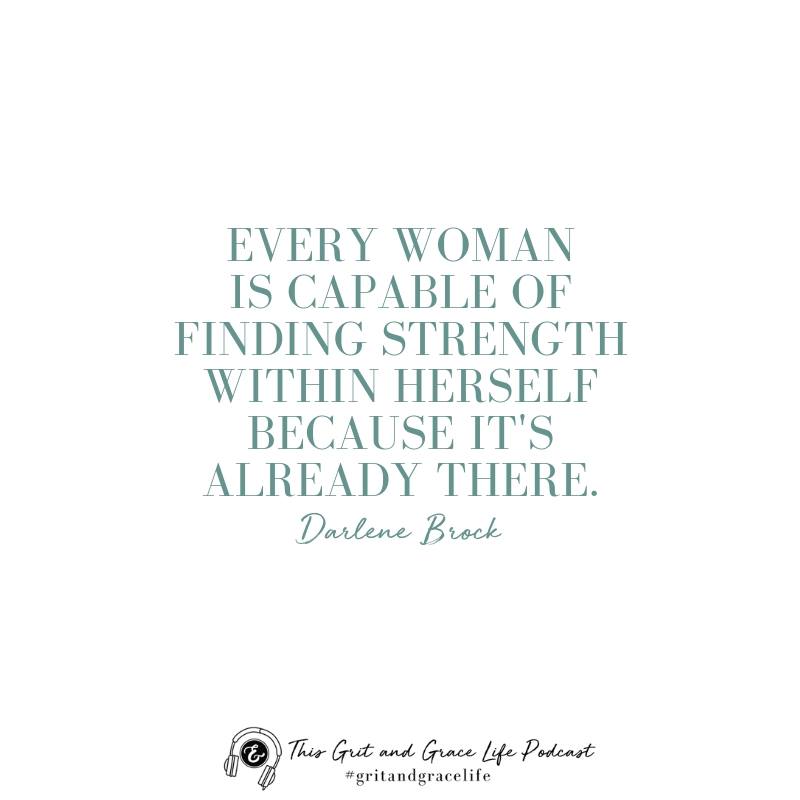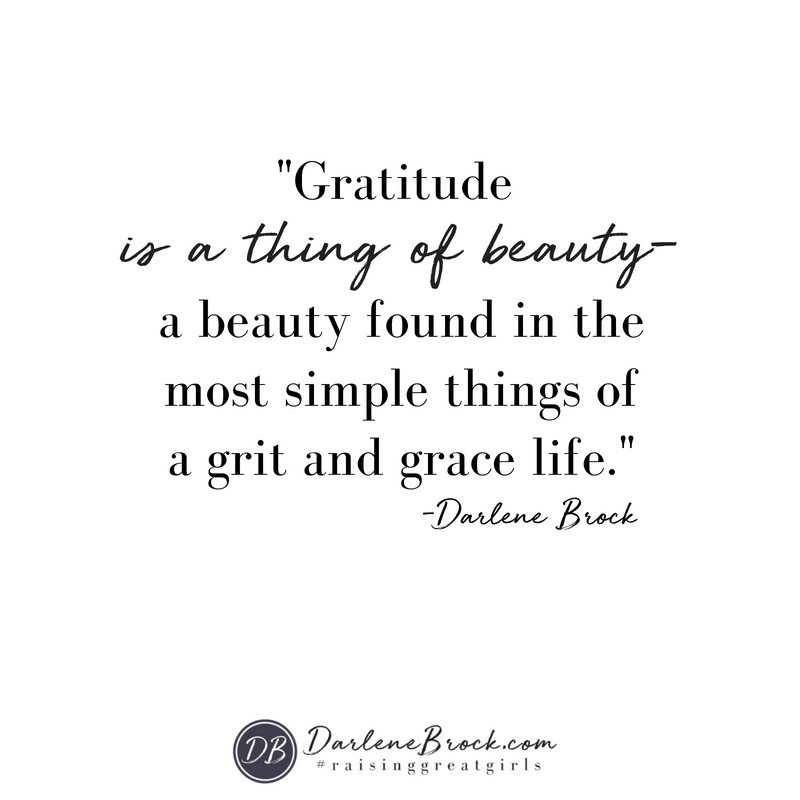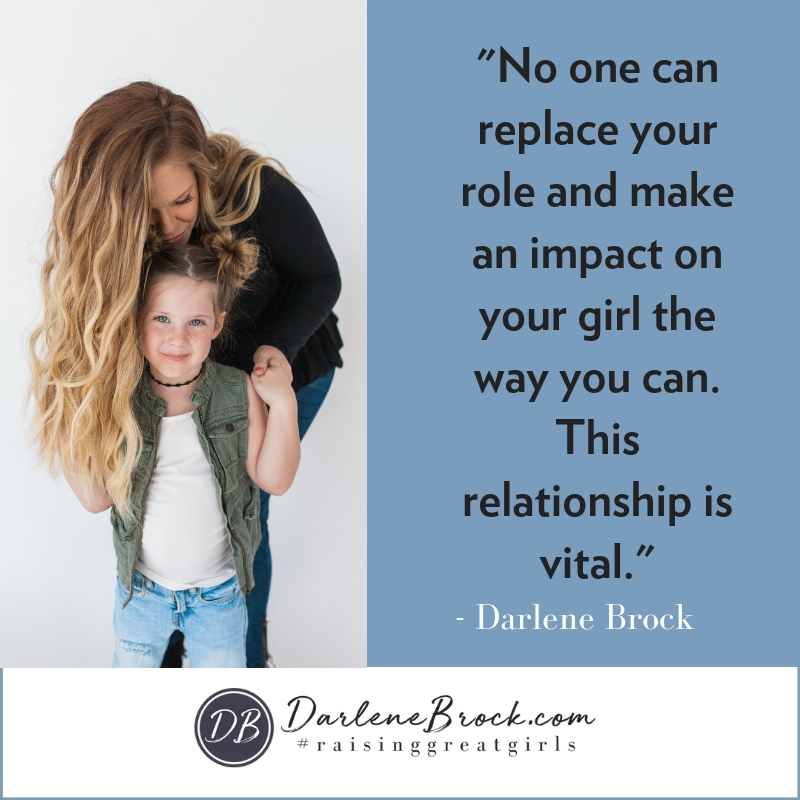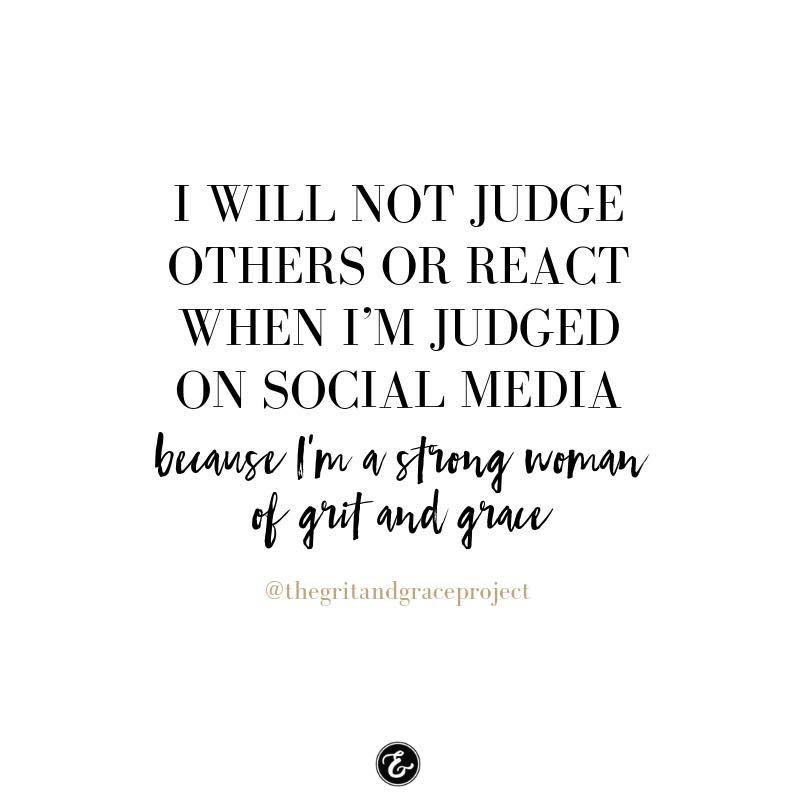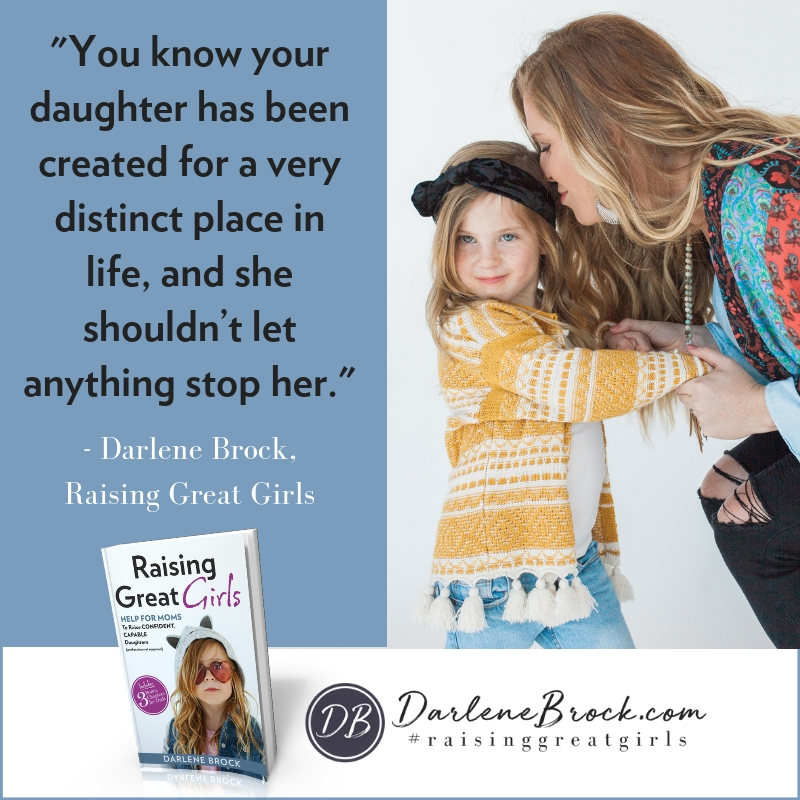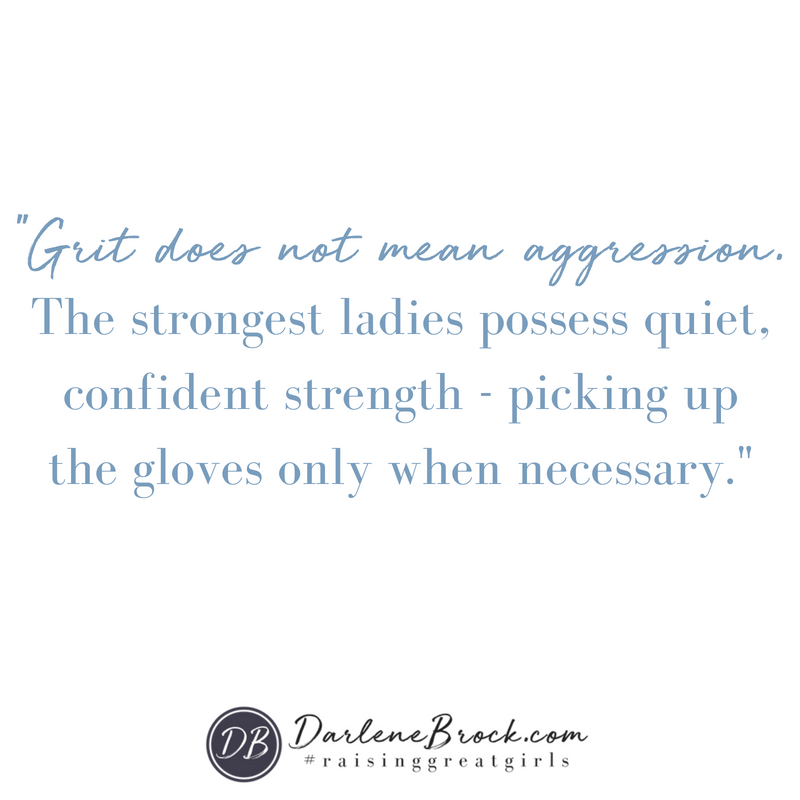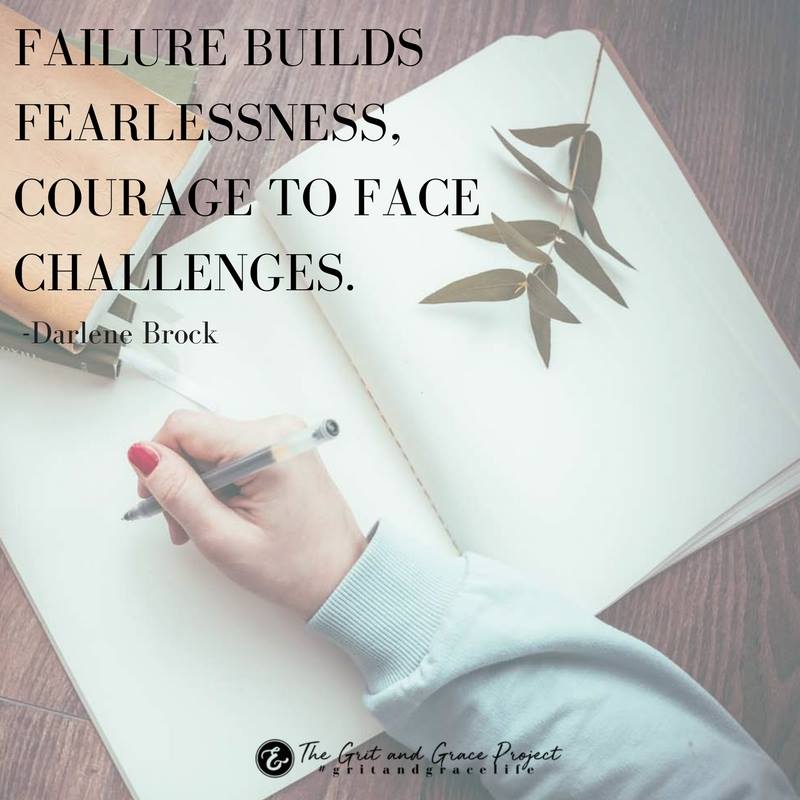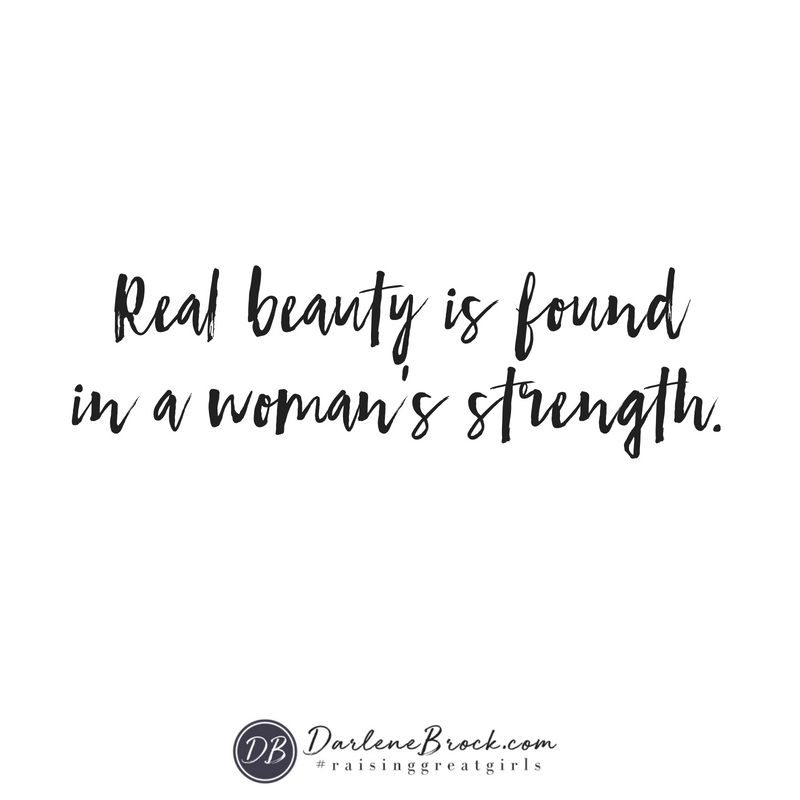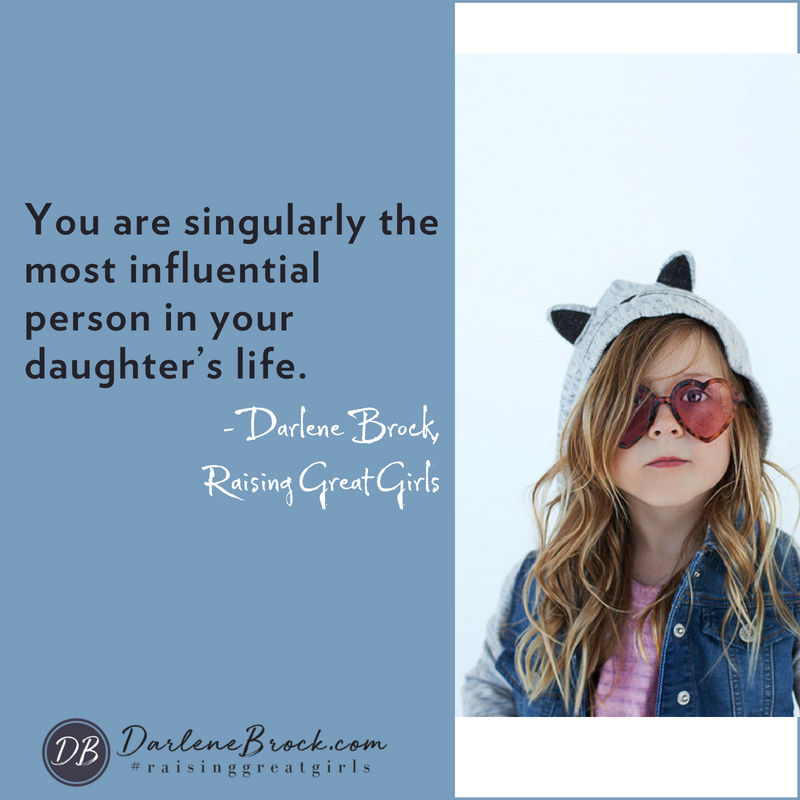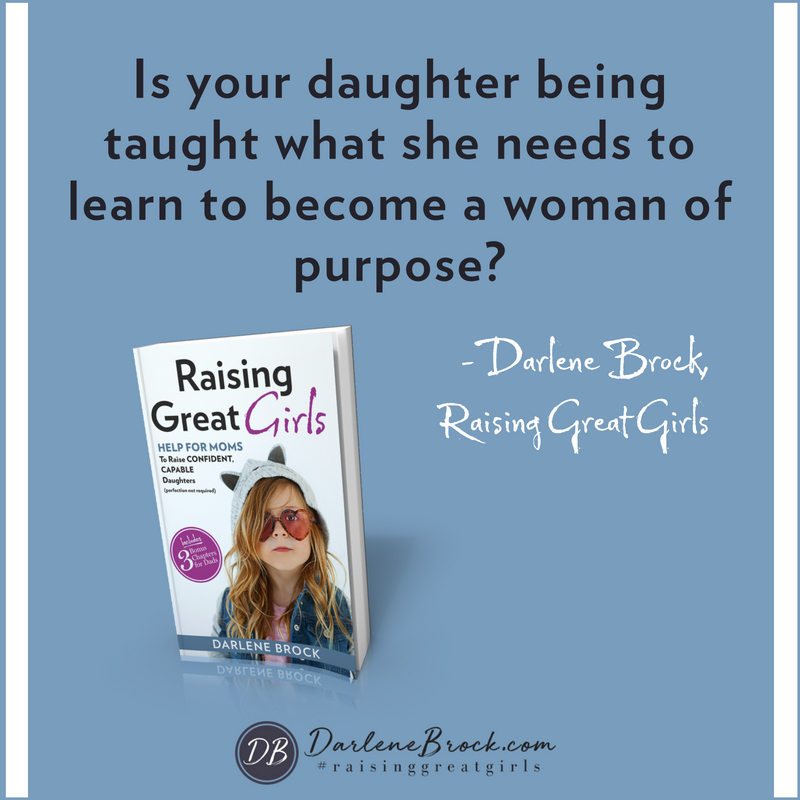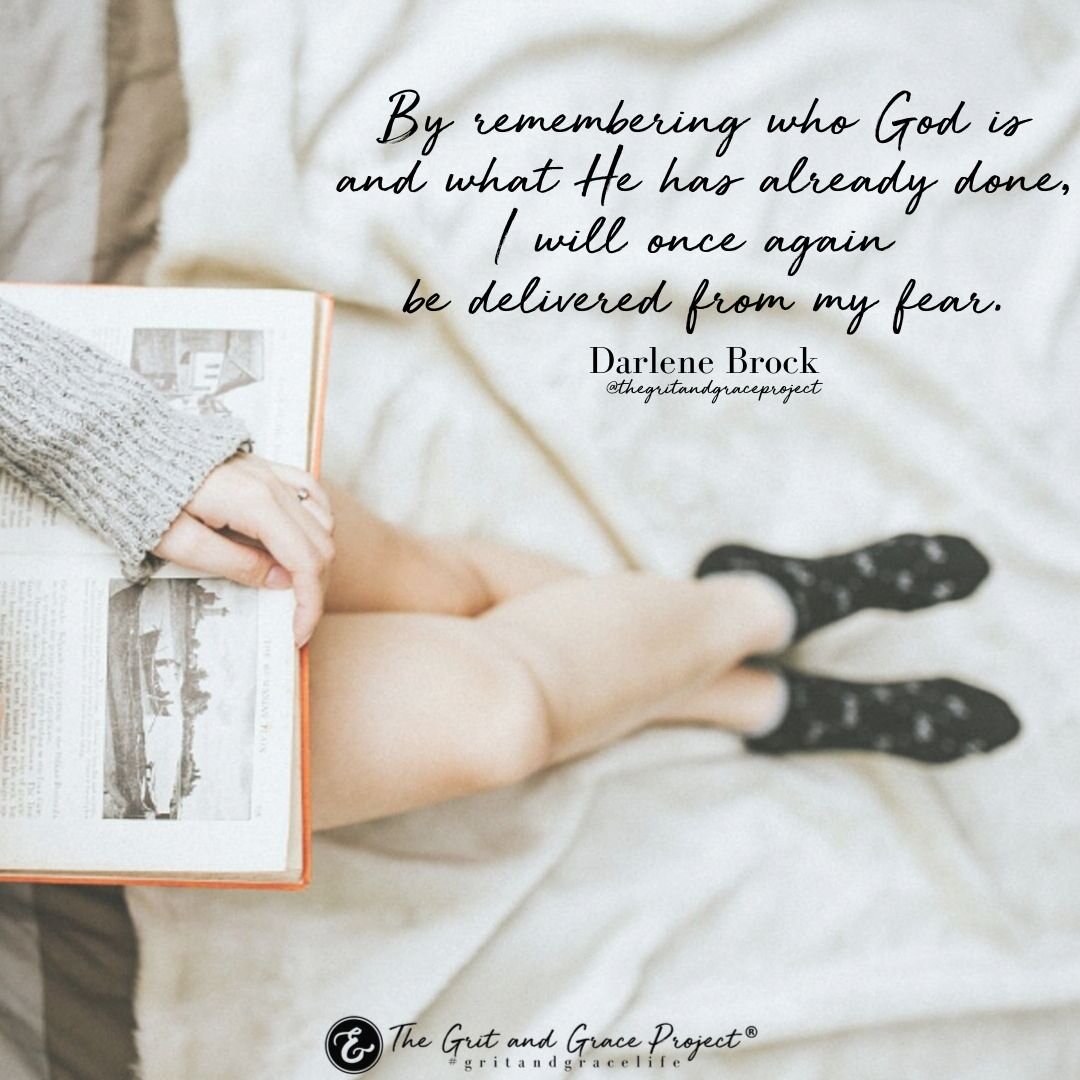What You Need to Know About Human Trafficking
/Recently, the U.S. State Department released its current assessment of human trafficking entitled “2019 Trafficking in Persons Report.” As I glanced through the findings, I found the statics to be horrifying as I reminded myself they represent real individuals, lives caught in a world of degradation.
According to the accompanying letter from the Secretary of State, “Right now traffickers are robbing a staggering 24.9 million people of their freedom and basic human dignity—that’s roughly three times the population of New York City.” I have to repeat that: three times the population of New York City!
Just envision the streets of New York—the bustle of those walking to work, the number of people in every high rise and workplace, and every apartment building and borough that surrounds the city—then multiply it by three. Look at the faces, think of their promise, their hopes, their dreams, and realize that that is the number of people who have had their hopes dashed. Their lives have been reduced to nothing more than objects of another’s sexual gratification. They’ve been driven to a life, I have no doubt, that none would choose without the circumstances in which they find themselves. Or, tragically, they’re being exploited by another without choice.
In a recent interview, Geoff Rogers, co-founder of the United States Institute Against Human Trafficking (USIAHT), made this statement, “The United States is the No. 1 consumer of sex worldwide. So we are driving the demand as a society.”
What a heartbreaking reality. This country’s demand is the life-blood of the growing problem. Without this sexual thirst, there would be no commodity to sell, no wealth acquired, no business created that would destroy real individuals who, most often, are the most vulnerable: our children.
“The United States is the No. 1 consumer of sex worldwide.” What a heartbreaking reality. This country’s demand is the life-blood of the growing problem.
In the same interview, Geoff Rogers also states, “So there are tremendous numbers of kids, a multitude of kids that are being sold as sex slaves today in America. These are American kids, American-born, 50 percent to 60 percent of them coming out of the foster care industry.”
Confirmed by the State Department, these and other disenfranchised children are at the highest risk of being exploited and sold into this system of reducing humans into a mere profitable commodity. Destroying their mental, physical, and spiritual health, this industry is robbing them of their future; it is destroying their lives.
I believe this reality is a call to all who know that we are here for so much more than another human’s gratification. This knowledge should become most urgent for those within the community of faith. Not only does our faith teach that love should be our leading principle, but it states that protecting the most vulnerable is our job, our duty.
Mark 10:14 states, “But when Jesus saw it, he was indignant and said to them, ‘Let the children come to me; do not hinder them, for to such belongs the kingdom of God.'” Children are one of God’s marvelous treasures. If this is true, why wouldn’t we value them as such?
As People of Faith, Actions Speak Louder than Words
As Christians, we often speak from the pulpit about the horrors of an industry such as this. We have discussions and seasons of prayer. We sadly commiserate the growth of evil directed toward the vulnerable, feeling the helplessness to stay the surge. Our hearts hurt for those so demeaned and destroyed, seeking answers from the God we serve.
Every bit of this exercise and those emotions is excellent and right, but often the answers to this scourge are that we need to do more. Following our prayers, we must put action to our discussion and be willing to enter the battle. We must get out of our seats, into the community, and make an impact. Fortunately, in recent years, we have seen many individuals and entities of faith step up, and that is good. But in light of the current statistics, we of all people must do more.
Following our prayers, we as people of faith, must put action to our discussion and be willing to enter the battle.
The foster system is a broken one, filled with children who need a guardian ad litem (GAL). GALs are individuals who selflessly stand in the court system on behalf of these children, and they have no interest or agenda other than the well-being of that little one. In every community, this need is profound. Training is available, and it will enable many of us to become that person for these children; all you have to do is step up. (Read more about this here.)
Not only do they need a voice, but they also need a home, a place of safety from their lives of turmoil. Their lives lack a stable surrounding and a family to love them to the best of their ability for a day, a week, months, or even years. The hope is that by providing that home, you can help change the trajectory of one child’s future. According to 111Project.org, an organization committed to solving the national child welfare crisis, if one family from each church was willing to provide a home to a child in foster care, there would be none without.
These are daunting jobs, not for the faint of heart. These children come with a boatload of hurt and anger, often having learned the art form of lying and manipulation. Being an objective guardian ad litem for a child includes listening to all sides (including that of the child), disseminating truth from lies, gaining an understanding of the system they are caught in, and willingly exploring all options available for the good of the child they serve.
If you choose to bring them into your home, the challenges these children bring are not insignificant, and minimizing them would be a disservice to any family considering this step. They can disrupt all that is normal, test every emotionally stable bone in your body, and even break your heart.
But, is it something you can do. So, are you made for this battle? Someone needs to step in, to potentially change the future of these children’s lives. To protect them from an industry that preys on their vulnerability. Maybe you are that one. The one who can save one child from this nightmare of sexual exploitation and destruction. By doing so, you are fulfilling one of Jesus’ tender promises, “Whoever receives one such child in my name receives me, and whoever receives me, receives not me but him who sent me” (Mark 6:37).
The Parallel Between Human Trafficking and Porn
When exploring the rise of the human trafficking industry, we cannot ignore the parallel growth of the pornography industry. To pretend it is not present within our faith community is foolish at best. We are not devoid of sexual pleasure and its allure. We enjoy the richness of healthy sexual relationships but are not immune to the draw of that which are not. (In fact, one of our writers bravely shares this piece of her story in a must-read article: The Good Christian Girl Who Struggled With Porn.)
It no longer requires an individual to travel to the one or two stores located in what was considered the “seedy” part of every community—perhaps having to cross county lines so others wouldn’t see the act of indulgence in the dark of night. The availability of this material has made its way into every home via every cell phone, tablet, and computer that’s in the hands of those both young and old.
It is not merely accessible; culturally, in many ways, it has become acceptable. If we are honest about this reality, we must recognize that the consumption of this product creates a desire for more. What was once sexually satisfying is replaced by a thirst for something more exciting and experimental, even destructive.
When exploring the rise of the human trafficking industry, we cannot ignore the parallel growth of the pornography industry.
Fight the New Drug, a website that touts it is neither religious nor political, speaks to three ways watching porn is harmful. First, it rewires your brain, creating the right conditions to release the chemicals that make lasting changes to the brain’s function. Second, the “reward center” of the mind becomes bored with what used to be sexually exciting to the individual, requiring more hardcore sexual input and acts to satisfy. Finally, it is addictive, and like any other habit-forming drug, it becomes more than a part of your life; it becomes the driver that leads every other part of your life.
The Normalization of Porn in Youth and Families
Another horrifying fact is that no longer are adults the only ones participating in this industry. Kids are as well, which leads to an acceptance of behavior toward them from another that should never be allowed. Viewing the aggressive nature and the demeaning of women creates normalcy that should not exist. This normalization in the minds of adults and kids alike make it easier for the human trafficking industry to grow.
Not only should it be our responsibility to care for and guard the most vulnerable in our community, but it should also be ours to care for and guard the hearts and minds of our family. Again, we must understand we are not immune. The saying of John Bradford that dates back to the 1500s should be just as true for us today, “There but for the grace of God, go I.”
Don’t believe that you, your spouse, or your children are exempt. Instead, take steps and be healthily armed with the truth of this industry, it’s long-term effects, and the ways to protect your family from its destruction. It’s not a discussion to avoid within your family; it is one that requires a pro-active mindset so you don’t find yourself in a situation where you are reacting to its impact.
As I read this current report, I found myself growing in anger. Everything within me wanted to destroy the destroyers. I wanted our politicians to enact laws and our institutions to decry this evil. I wondered why God didn’t intervene. Where was he when a child was taken or why weren’t their circumstances changed so they did not fall victim to those who perpetrate evil? I have no answers to these questions. Yes, I realize it is part of a world that is still unredeemed; sin is still prevalent, which is the catalyst for much of what we do. But couldn’t he have destroyed those who destroy?
While I can’t answer the why in the short-term, I do know this: His eye is on that child as well as those who exploit them. Matthew 18:6 tells me this, “Whoever causes one of these little ones who believe in me to sin, it would be better for him to have a great millstone fastened around his neck and to be drowned in the depth of the sea.”
He is a just God and has every intention of punishing appropriately. Something I am quite sure I would be incapable of doing no matter how righteous my anger is. My punishment would not be nearly as fair and right. I also understand God’s punishment, as well as his love, is available to both the victim as well as the victimizer. He would be just where I would most probably fail.
This report should serve as a wake-up call to all of us who serve a God who asks us to care for the vulnerable, the hurting, the lost. It should awaken anger toward this evil and inspire a commitment to be the bridge. It is upon us to be the bridge for those who are on a path that can end in a life caught in the web of human trafficking. To help them exit before they get there. We can also offer something more to both victim and even the victimizer: a life that God provides—hope for a better future. A life that is filled with the grace we were given is not just ours to hold but can be theirs as well.












